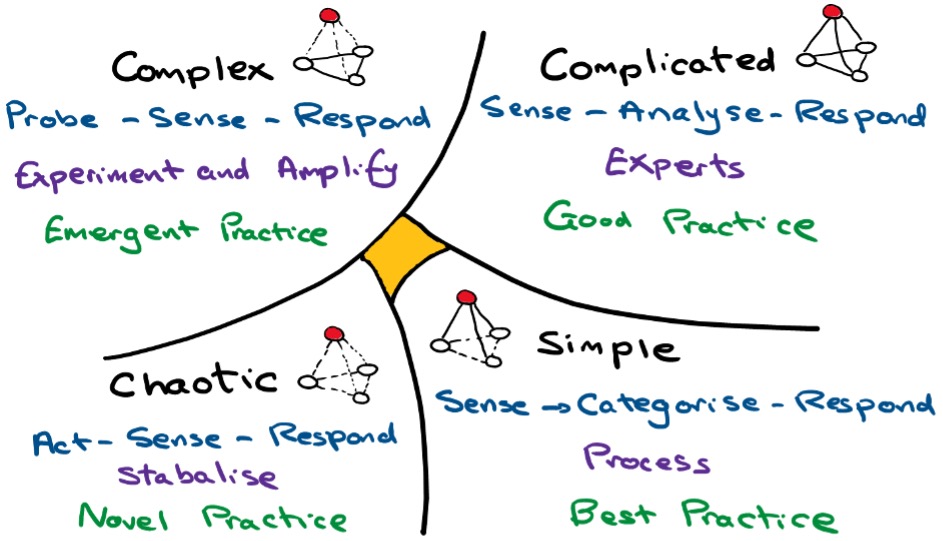The Lifelong Learning Entitlement (LLE)
The Lifelong Learning Entitlement (LLE) is coming in 2026, offering a new way to fund flexible learning across a working life. Karen Stephenson, University Secretary at Birmingham City University, unpacks the details and challenges of this major shift in tertiary education.


The Department of Education has presented the Lifelong Learning Entitlement (LLE) policy and is responsible for the statutory regulations. The Student Loans Company (SLC) will administer funding, and the Office for Students (OfS) will regulate providers in receipt of LLE funding.
Ideas and Motives
The Lifelong Learning Entitlement (LLE) has been on the education/government agenda since the Augar Report made it a key recommendation in 2019. The idea was to facilitate flexible access to education, which would benefit individuals while that same flexibility would support the wider economy and employers because it would be easier for adult workers to acquire specific knowledge and skills required in the workplace.
The proposal was, and now is, to make finance for education available throughout a working lifetime. Finance is to be linked to credit-based units of provision as well as ‘full’ qualifications. A defined ‘pot’ of loan finance is to be made available to individuals and it is anticipated that this will make individuals drawing upon finance more price sensitive in decisions to ‘buy’ education. In turn, institutions it is hoped will be incentivised to both compete on price and provide focused, flexible ‘products’ which will appeal to older learners. In short, the aspiration of this new policy is to: “enable individuals to learn, upskill and retrain across their working lives. It will create opportunities for both young people and adults to develop the skills needed to succeed in life, contributing to growth across the entire country1.” In practical terms it is hoped that this will enable learners to “access courses in a more flexible way, to fit study around work, family and personal commitments in response to employers’ needs”2. However, it has been argued that “its main selling point is the ability to access loan funding for shorter courses and modules”3.
Policy as of 6th March 2025
A single funding system which will replace HE Student Finance Loans and Advance Learner Loans. From September 2026, applications for finance will be through the LLE avenue for the first time for all courses and modules which begin from January 2027 and thereafter. Within the LLE eligible learners will be able to access: “a tuition fee loan, with new learners able to access up to the full entitlement of £38,140 – equal to 4 years of study based on academic year 2025 to 2026 fee rates” and “a maintenance loan to cover living costs, for courses with in–person attendance”4.
Eligibility for the LLE
Those individuals returning to education will be entitled to draw upon the LLE. The amount they are able to borrow will be limited to what remains in their personal ‘pot’ after deducting loans for prior education. The LLE will be available up to the age of 60.
Educational Provision which the LLE will support
The finance will be available to support modules of technical courses which are of “clear value to employers” and full years of study at Levels 4 to 65. This also includes: traditional degrees, PGCEs, integrated Masters (four years), foundation courses6 and Higher Technical Qualifications (HTQs)7.
Approval of new qualifications
This can be done through the ‘Qualification Gateway’. This is separate from the HTQ approval process, which will continue to operate for LLE funding. Qualifications approved through this ‘Gateway’ must be: Level 4 to 6, Ofqual regulated, occupational but not necessarily employer-led or developed and 30 credits in value. This may be an individual module/unit of 30 credits or a bundle of units adding up to 30 credits, e.g. 15c+15c or 20c+10c etc. These credits must be derived from the same ‘parent course’. It is of note that this diverges from the previous funding mechanism, which was based on academic years.
What HEIs need to do
In order to access LLE finance providers must be on the OfS register. Courses which meet the eligibility requirements for LLE support must be identified and their details uploaded onto the SLC Courses Management Service (CMS). Systems which monitor and manage fees and attendance need to be in place as do systems which confirm enrolment with the SLC8.
There are a number of likely modifications to approach that HEIs will need to adopt in order to access LLE funding. Any full-time courses that are not already structured in the form of a modular delivery will need to become modular. Existing part-time delivery may need to be restructured to comply with both modular and credit requirements, for example, if an existing course is 20c modules, this will not work in terms of constructing a ‘bundle’ of 30 credits. The LLE opens the possibility of students studying with more than one provider at the same time. This needs to be recognised and managed. Similarly, students are likely to choose to transfer between providers with a view to building their modular study into a whole qualification. Students may study in different academic departments or subject areas within the same provider. An obvious challenge for providers here will be to explore the possibility of and construct a mechanism by which students can be awarded a qualification such as a degree, when modules are drawn from such diverse sources. Alternatively, students may wish to progress their studies on a modular basis with a reduced concern for a complete qualification. The complexity here is obvious and the challenge for institutions is at a non-trivial level.
Some cautionary reflections
Many challenges are inherent in the effective implementation of the LLE and some of these have been alluded to above. Perhaps less obvious issues may be found in the provision of student support. When the learning period is shorter there is “less time to remedy knowledge gaps or build relationships between students and staff”.9
Programmes of learning at any level are usually progressive in that learning outcomes build on previous knowledge and skill development. A corollary to this is that existing modules on ‘traditional’ award-bearing courses are not designed to enable learners to begin and conclude with a single module. In short they are not designed to ‘standalone’.
This policy represents an important and meaningful change in the provision of tertiary education within England, and as a QAA policy series article has remarked “the devil is in the detail.”
“…there is nothing more difficult to take in hand, more perilous to conduct, or more uncertain in its success, then to take the lead in the introduction of a new order of things.”
Machiavelli, The Prince 1532
- https://www.gov.uk/government/publications/lifelong-learning-entitlement-lle-overview/lifelong-learning-entitlement-overview
↩︎ - https://wonkhe.com/blogs/whatever-happens-to-the-lifelong-learning-entitlement-the-problems-it-is-trying-to-solve-remain/ ↩︎
- https://feweek.co.uk/delayed-lifelong-loan-entitlement-pushed-back-to-2026/ ↩︎
- https://www.gov.uk/government/publications/lifelong-learning-entitlement-lle-overview/lifelong-learning-entitlement-overview ↩︎
- https://www.gov.uk/what-different-qualification-levels-mean/list-of-qualification-levels ↩︎
- https://www.gov.uk/government/publications/higher-education-tuition-fees-for-foundation-years ↩︎
- https://www.gov.uk/government/publications/lifelong-learning-entitlement-lle-overview/lifelong-learning-entitlement-overview ↩︎
- https://www.lpservices.slc.co.uk/lle/lifelong-learning-entitlement/ ↩︎
- https://www.hepi.ac.uk/2024/08/05/the-lifelong-learning-entitlement-could-still-be-a-game-changer-for-higher-education ↩︎
Related Blogs



